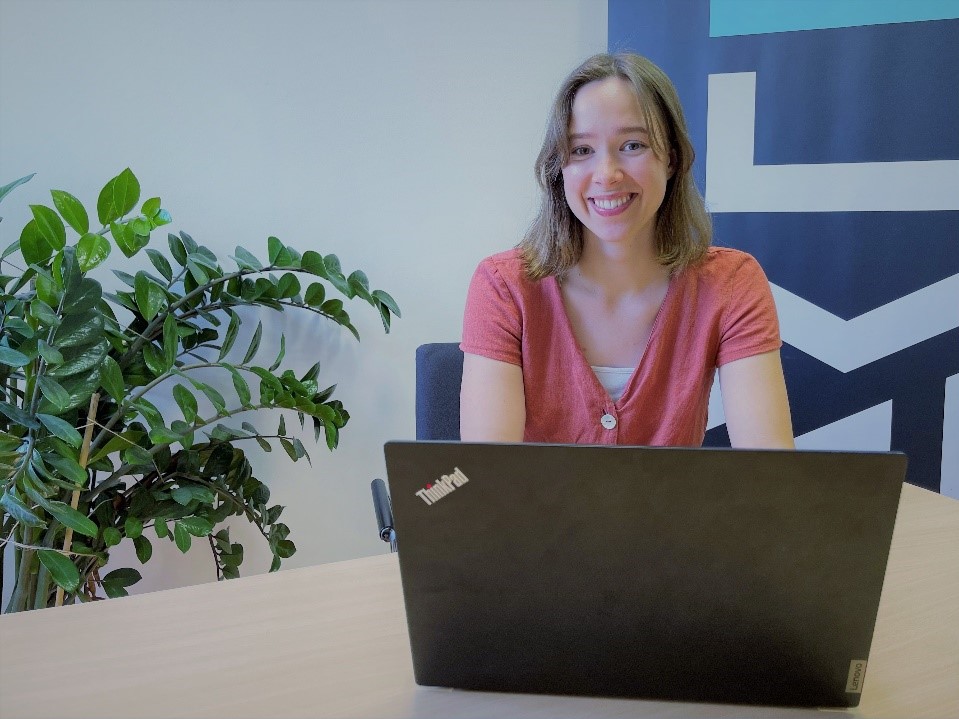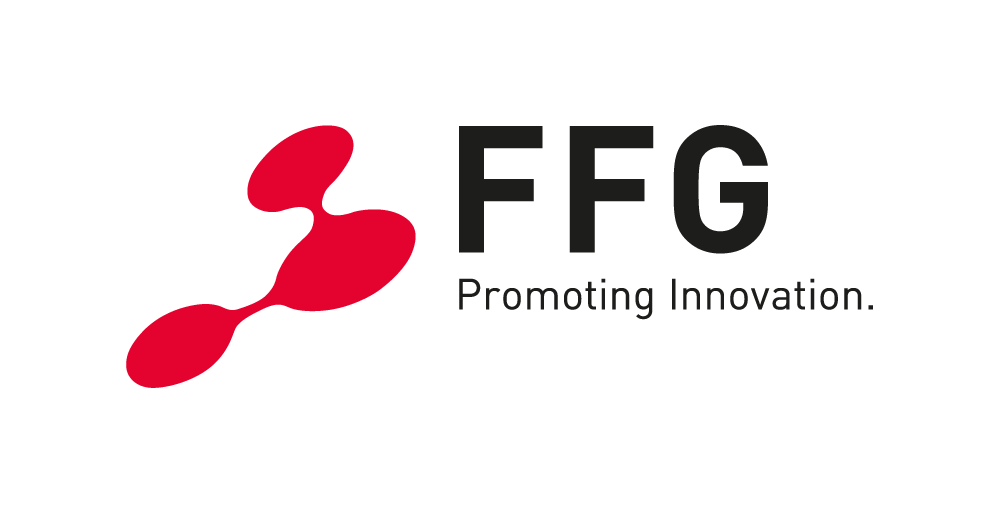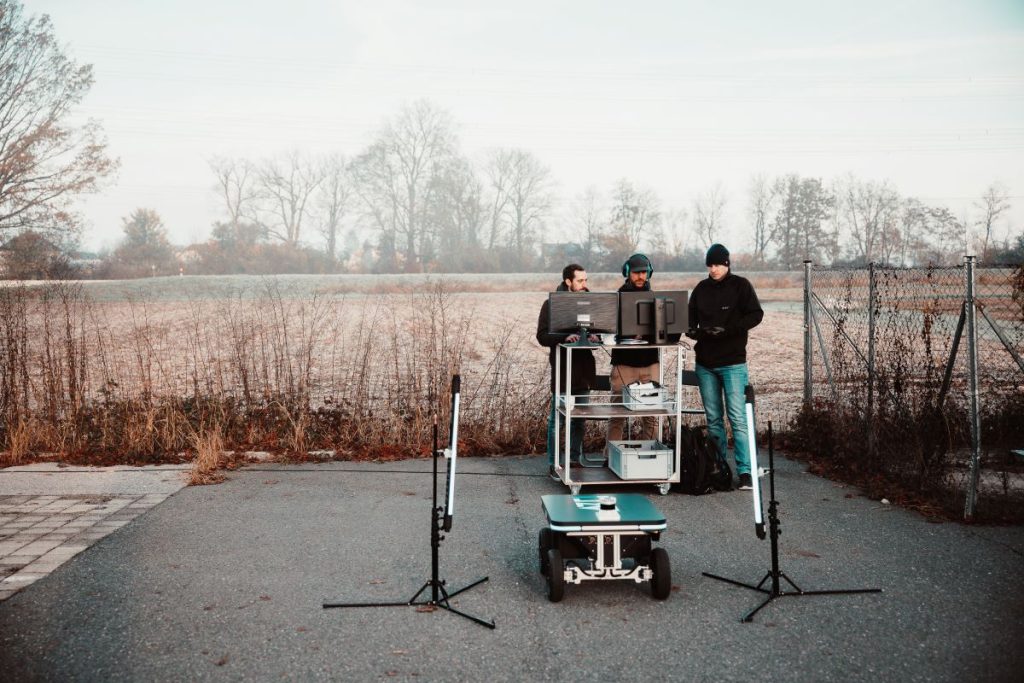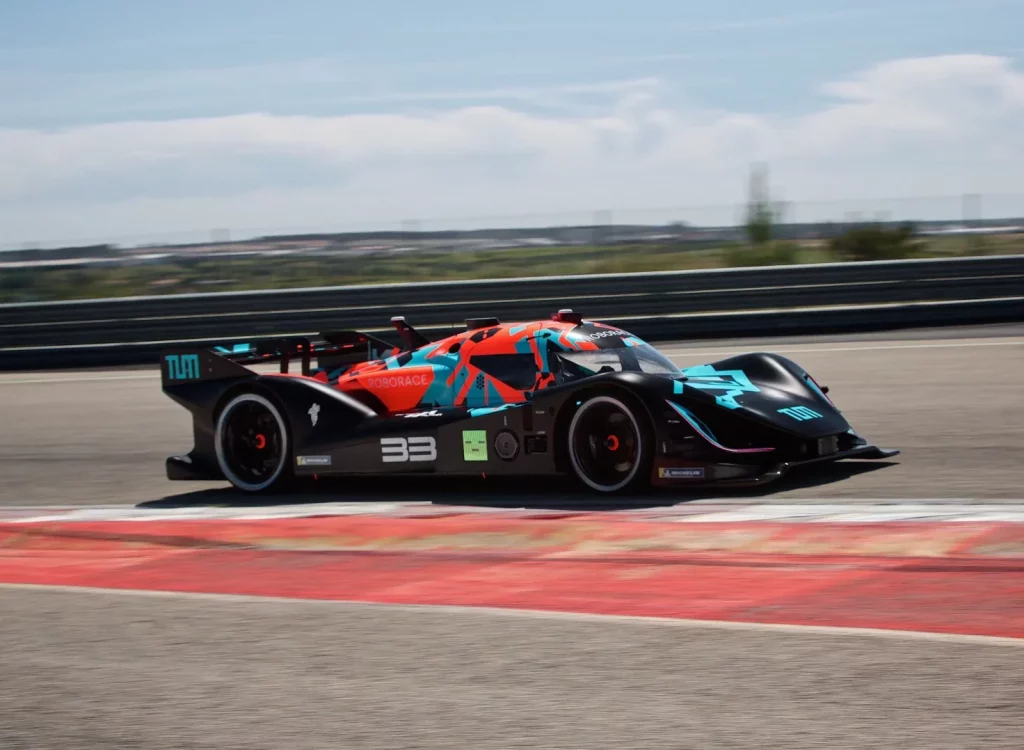Within the framework of the REDI robotic research project, we also planned to give interested students the possibility to write a Master Thesis about the parameters of calibration measures. We are thrilled that a Finnish student found the thesis topic appealing and rose to the challenge. Lotta Lumiaro is in the last stages of her Master’s in Control, Robotics and Autonomous Systems at the Aalto University in Helsinki. Since May 1st, she has worked as an intern at ARTI, and we have asked her about her first week and thesis work so far.

How did you come across ARTI, and what made you reach out to ARTI?
I came across ARTI in a rather unconventional way through Google Maps. I specifically targeted the regions of Austria and Switzerland as I searched for an interesting robotics company to collaborate with for my Master’s thesis. So, I searched for a ‘robotics company’ on Google maps and found ARTI. Intrigued by their profile and the city of Graz, I became convinced that this was an excellent opportunity for me. I then sent ARTI the first of many emails, and now here I am.
Please describe a little bit the topic of your Master Thesis. What is the project’s scope, what do you plan to work on, and what are your ideas in this field?
In my Master’s thesis, I focus on calibrating various parameters that influence the performance of autonomous mobile robots during operation. While manual calibration is acceptable in certain situations, it is time-consuming and prone to inaccuracies, particularly when performed by individuals lacking experience. To address this issue, my thesis aims to develop an automated calibration procedure that ensures reliable navigation for autonomous mobile robots. Initially, I wasn’t too familiar with the topic. Still, over the past few weeks, I’ve gained a better understanding of the field and the challenges present in automatic parameter calibration. As of now, I look forward to narrowing down the scope of my research to a more defined set of parameters. This will enable me to evaluate and critically examine the different approaches in more detail.
How have your first weeks at ARTI been? Could you settle in already and start working on your thesis? What have you done so far?
My first weeks at ARTI have been great. I was able to start my thesis research in the first week, and since then, I have spent most of my time with various research articles. My focus has been on identifying the parameters that hold potential for automatic calibration and exploring the possible methodologies for achieving this calibration.
I have also enjoyed having knowledgeable colleagues to whom I’ve been able to turn with questions, ranging from navigation and control delays to the transport system in Graz.

Lotta’s internship and Master’s Thesis are part of the REDI – Robot Efficient Deployment Instrument Research Project. The FFG, the Austrian Research Promotion Agency, financially support this project.
Die FFG ist die zentrale nationale Förderorganisation und stärkt Österreichs Innovationskraft. Dieses Projekt wird aus Mitteln der FFG gefördert. www.ffg.at



